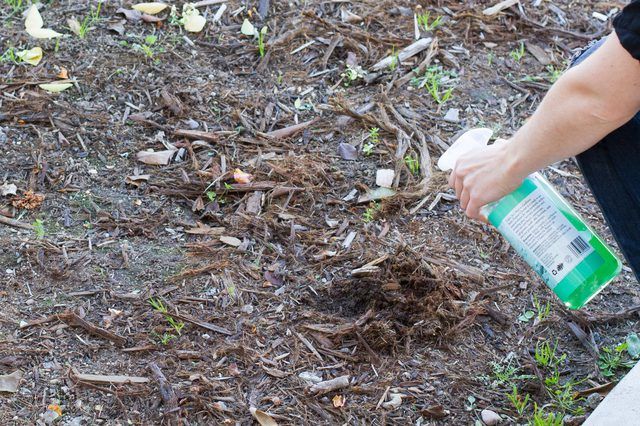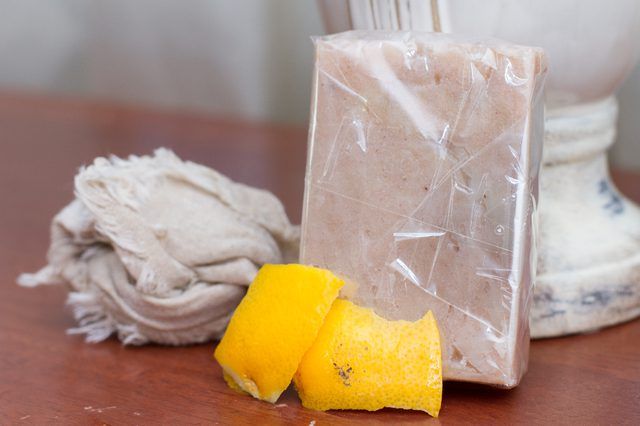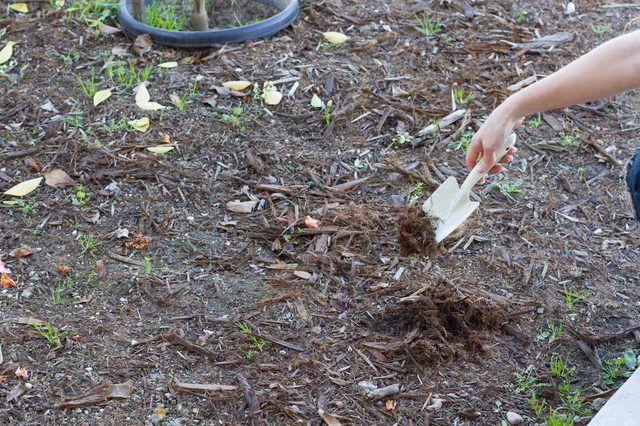Bulbs
Flower Basics
Flower Beds & Specialty Gardens
Flower Garden
Garden Furniture
Garden Gnomes
Garden Seeds
Garden Sheds
Garden Statues
Garden Tools & Supplies
Gardening Basics
Green & Organic
Groundcovers & Vines
Growing Annuals
Growing Basil
Growing Beans
Growing Berries
Growing Blueberries
Growing Cactus
Growing Corn
Growing Cotton
Growing Edibles
Growing Flowers
Growing Garlic
Growing Grapes
Growing Grass
Growing Herbs
Growing Jasmine
Growing Mint
Growing Mushrooms
Orchids
Growing Peanuts
Growing Perennials
Growing Plants
Growing Rosemary
Growing Roses
Growing Strawberries
Growing Sunflowers
Growing Thyme
Growing Tomatoes
Growing Tulips
Growing Vegetables
Herb Basics
Herb Garden
Indoor Growing
Landscaping Basics
Landscaping Patios
Landscaping Plants
Landscaping Shrubs
Landscaping Trees
Landscaping Walks & Pathways
Lawn Basics
Lawn Maintenance
Lawn Mowers
Lawn Ornaments
Lawn Planting
Lawn Tools
Outdoor Growing
Overall Landscape Planning
Pests, Weeds & Problems
Plant Basics
Rock Garden
Rose Garden
Shrubs
Soil
Specialty Gardens
Trees
Vegetable Garden
Yard Maintenance
How to Create a Natural Skunk Repellent
How to Create a Natural Skunk Repellent. Skunks (Mephitis mephitis) are one of four wild animals considered primary carriers of rabies, along with bats, foxes and raccoons. These nocturnal foragers can do serious damage to your landscape and your home, with an infestation lowering your property value as much as 10 percent. Removing skunks from your...
Skunks (Mephitis mephitis) are one of four wild animals considered primary carriers of rabies, along with bats, foxes and raccoons. These nocturnal foragers can do serious damage to your landscape and your home, with an infestation lowering your property value as much as 10 percent. Removing skunks from your garden can be a smelly proposition if you arenít careful, but you can encourage them to move on without encountering their malodorous defense spray.

Pepper or castor oil sprays may be effective in convincing skunks to stay away, but youíll need to spray often, especially after rain or heavy dew. For a castor oil spray, mix the oil, dish-washing detergent and water in a 1-to-1-to-16 ratio. Create a pungent capsaicin spray by boiling an onion, jalapeno and approximately 1 Tbsp. cayenne pepper in 2 quarts of water for 20 minutes before straining it. When itís cooled, spray it around dens and plants to repel skunks and other animals. Reapply after rain or every three to five days.

While some wildlife experts consider this approach to be cruel, you can opt to purchase the urine of the skunkís enemies to spray around your garden. Another option is to place used cat litter near or just inside the opening to a den, making sure that the occupant is out foraging first. Rags soaked in household ammonia and tied into small balls will also send skunks scurrying when they are placed into burrows. Citrus peels, strong-smelling soaps or solid room deodorizers placed in problematic areas where skunk activity is present may also be effective.

If you find potential den locations, you can loosely pack them with dirt, leaves or other debris, once youíve made certain that they are uninhabited. If skunks have already taken up residence in the holes, bright lights and loud noises at dusk will discourage your new wild neighbors from staying around. Be sure to maintain a safe distance when harrying them, though; you donít want to come face to tail with an annoyed skunk.
